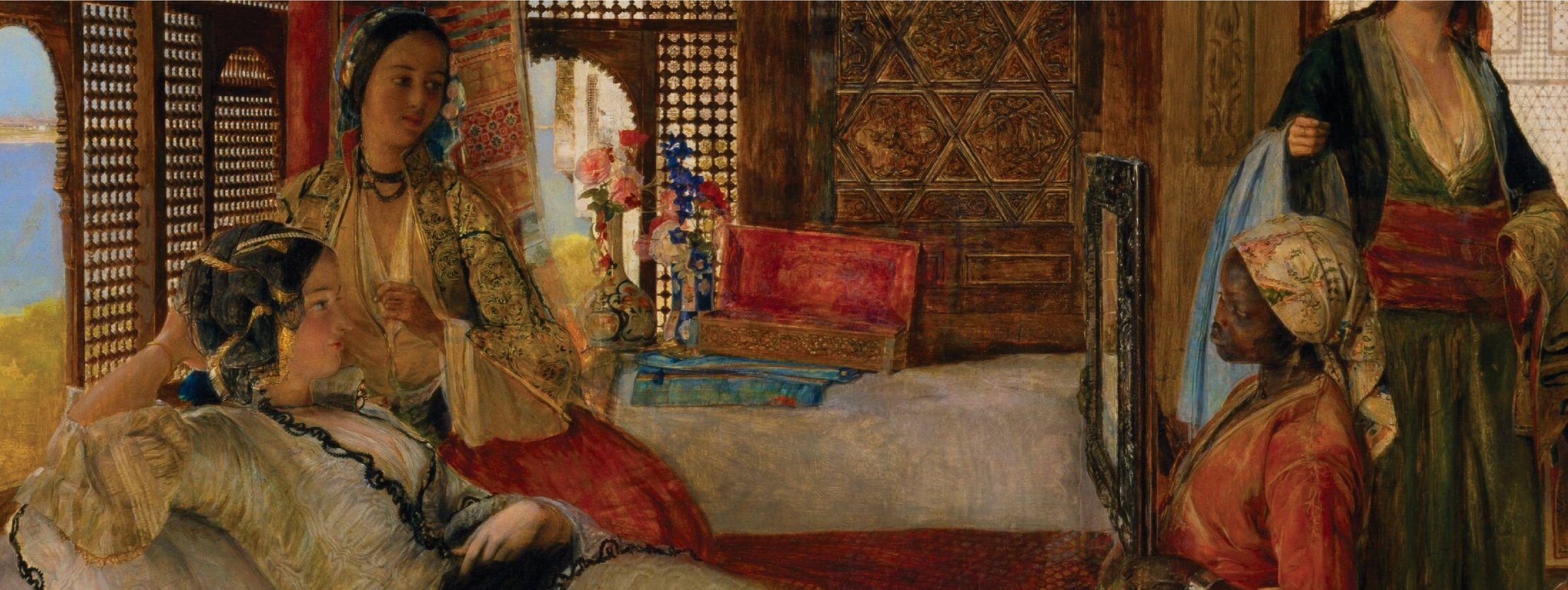
I S S U E 5
Crystallising the Flame
Roger Robinson & David Wheatley in Conversation
DW: A good place to start would be to ask how you found the experience of reading over two hundred books for the Forward Prizes?
RR: Hmm. Judging the Forward Prize wasn’t super fun for me but I’m not sure it’s supposed to be, and I guess that’s why you’re asked as a judge. There wasn’t much diversity nationally—especially from the journals—and I thought the standard of writing was particularly low. I feel, though, that many judges feel that way. I do think the standouts were amazing and considering the relative ease of consensus with the other judges I guess they may have felt that way too.
DW: Private Eye magazine recently referred to us as the ‘iconoclastic’ judges of the Forward Prizes, given our omission of various established names, including the names of people who hadn’t even published eligible books.
RR: Yes, I saw the article. I think they just like to agitate. I thought it was funny.
DW: It brought me back to the days, not so long ago either, when Private Eye reported on the Forward Prizes as a cartel dominated by Picador and Cape poets. The perception then was that the prize was being passed around among a tightly-knit circle of friends and contemporaries. The absence from shortlists back then of books not published by Faber, Cape, Picador, Bloodaxe or Carcanet was a perennial talking point too.
The presence on our list of work from Pavilion, Offord Road, and Nine Arches Press seems like plenty to celebrate in itself. The exposure to so much work from presses beyond the familiar metropolitan outlets was revelatory to me. Catching up with the Peepal Tree and Nine Arches Press poets such as Funso Aiyejina, John Robert Lee, Rishi Dastidar, Michelle Wong, and Geraldine Clarkson, was a hugely enjoyable and eye-opening experience.
RR: How was the judging for you and did it change your views personally on poetry? How did you find the judging discussions? I know you have young children (like I do). How do you think it affects your creativity good or bad?
DW: My experience of the judging process was entirely positive—I feel we had good-humoured and respectful discussions, but with plenty of give and take too. As for how it has affected my creativity, I could grumble that it has robbed me of time I might have spent writing poems. But who knows what I would have been doing otherwise, since (you mentioned children . . . ) I rarely know from day to day anymore what I’m going to actually achieve, in terms of work. My next question for you though is on the intersection of the world of poetry prizes and quietly going about your work. Since your T. S. Eliot Prize win, you have been kept very busy with commissions and now judging the Forward Prizes too. How do you experience the coexistence of the writer as private self and the writer as public property—do they exist in harmony or creative tension? I notice one of our Forward shortlistees, Natalie Diaz, has been talking a lot about this very theme in the interviews she’s been giving recently.
RR: Yes, I’m a big fan of Natalie Diaz, I’ve also seen a few interviews with her. What’s particularly interesting to me is how different this book is from her first book. The first book nearly being pure emotion, and this book much more about intellect and ideas. Which brings me to the question of what should poetry do? Should it be for the heart or the head or a balance of both. In my last book, I tried to have a balance of both (I don’t know if actually achieved it, but I was going for it). The poet Mimi Khalvati introduced to me the idea of poets of the flame (Latin, American, Caribbean, etc.) and poets of the crystal (Scandinavian, English, etc). I once explained this to Paul Farley (who mentored me for a short time) and he introduced the idea of crystallising the flame, which I quite liked. What do you think of those ideas as an academic and a writer?
DW: Poets of the eye and of the flame—that makes for an interesting opposition. Cézanne said of Monet, ‘he is only an eye, but what an eye’. With some artists though, and here’s where the flame comes in, I think the acquisitive eye can threaten or devour the material it trains its gaze on. One of my favourite modern long poems is Roy Fisher’s A Furnace, a work whose visions come backlit by fiery pits and hell-like visions. I am aware too in recent things I have written of following French models—whether in painting (impressionists/post-impressionists), philosophy (Bachelard), or poetry itself (Pierre Reverdy, that most visual of poets). On one level it’s a way of shaking up my Anglophone perspective, and making the poem behave and move differently, but on another it’s an aspiration to a wholly other visual field, a different theatre of light.
This is a longwinded way of answering your question about emotion versus ideas. Ideally one does not exclude the other, though emotion will always tend to come first. But what I’m reaching for here is a way of sparking opposites into creative life. Mediterranean light breaks against the crystalline cold of the Northern Scottish landscapes I actually inhabit (I think of Hugh MacDiarmid and his desire for a poetry ‘like crystal [that] concentrates and irradiates light’). Idea and emotion, the eye and the flame, north and south, light and darkness. A furnace of contraries. I’ve just described a sense of poetic in-betweenness, the tug of different territories, and this is a very strong condition of your work too. Could you say something about that?
RR: Believe it or not as my practice continued, even before A Portable Paradise, I had started moving away from emotion as a specific intent, and stumbled my way towards empathy. I think they are two different things and here’s why. The poet Mark Doty talks about ‘the physical reinvention of the world is endless, relentless fascinating exhaustive . . . reality shifting into other forms’. Tracy K. Smith talks about the ‘objective correlative’ the explanation of one thing by means of another and in a way creating a much deeper understanding of the original thing. I remember while writing A Portable Paradise I read the work of Tomas Tranströmer and Yehuda Amichai a lot. These two poets led me to thinking about the deep image and the idea of expressing ideas in patterns and forms that reflect the content in some way.
I had been on a craft journey away from the autobiographical and the anecdotal more because of my orientation, than thinking that it’s poor art. But here’s the thing: in creating distance I think I’ve pulled the reader into a stronger emotional reading of a series of horrific things that were happening to the Black British population over the past decade. The work became somewhat of an investigation that highlighted the devaluation of Black people in society. So even though I moved towards craft I think I stumbled into creating empathy, which as it goes is stronger in terms of emotional pull than sentimentality or pity. By turning away from the clichéd version of emotion in poetry A Portable Paradise became the eye through which the horror was seen. Do you think it’s important to have a connectivity between books that is legible?
DW: Since getting this last answer of yours, Derek Mahon has died. If you open his Collected Poems the first thing you notice is that the original books no longer exist— with his mania for revision he has dissolved all trace of where the individual poems come from, never mind all the poems he has removed. Looking at early things of my own, I completely recognise that impulse, even if the results, in Mahon’s case, add up to some serious carnage. The need to feel that you’re on the right track, and that work you did twenty years was designed to lead you here, not some other place, runs very deep. I hear what you’re saying about the interplay of craft and empathy—I’ve just been quoting the Ezra Pound line to students about technique being the true test of poetic sincerity.
What is empathy? It’s a cloudy vision, the first dim beginnings of a poem on a big political theme, it’s a choice to write in this or that metre, it’s the rhyme word you’re looking for in line two to get the poem started—and now you’re motoring. Or at least that’s how it works for me. My own version of this development probably dates from a remark George Szirtes once made in a review of a book of mine in The Irish Times. He suggested there weren’t many other people in my poems, which struck me deeply. I wasn’t sure it was true, but it made me wonder about how I engage with otherness in my work, and whether I wasn’t just trading on a model of lyric self-projection and self-protection. So when I moved to Scotland I wrote a sonnet sequence partly in Scots addressed to an eighteenth-century poet, and into which I dumped all my thoughts about the state of Scottish politics at the time, in a very self-consciously ‘dialogic’ way (the Aberdeen golf-course owner Donald Trump made a pre-presidential appearance).
More recently than that, the presence of two young children has fairly comprehensively slayed that dragon of the absent other, to the point where I can hardly get them out of my poems now. I need a poetry babysitter to look after them while I get a poem to myself again! But I need a question here, and it’s this. Your writing grows and evolves, and you make that mental effort to see it as forming a continuity with your early work (rightly or wrongly), but what comes next? Do you walk around with a vision of where your writing is heading one, two, three books down the road?
RR: Good question. I think that at the end of every book there is a sense that you are throwing an invisible line from the last book out to the next even though you don’t exactly know what the next book is going to be. Of course, after getting the core of central themes aggregating from drafts of poems, I tend to ask myself if it’s a complete reinvention of tones and themes. I personally feel a responsibility to have some type of line between books. That may be about what I feel is a responsibility to the reader but then again it may be about relishing the idea of creating an extended narrative. However, I wouldn’t want to be trapped by it though, I feel that if it were really necessary to break that line I would, because ultimately a book is a separate entity unto itself.
Roger Robinson lives between London and Trinidad. His latest book, A Portable Paradise (Peepal Tree Press, 2019), won the T. S. Eliot Prize (2019) and the Oondatje Prize (2020).
David Wheatley is the author of five poetry collections. His most recent pamphlet is The Wandering Mountains (Hercules Editions, 2020).
This interview appears in the Autumn/Winter 2020 issue of Poetry Birmingham, along with a poem from David Wheatley titled ‘Composition with Farmyard Animals’. You can buy the issue here.
